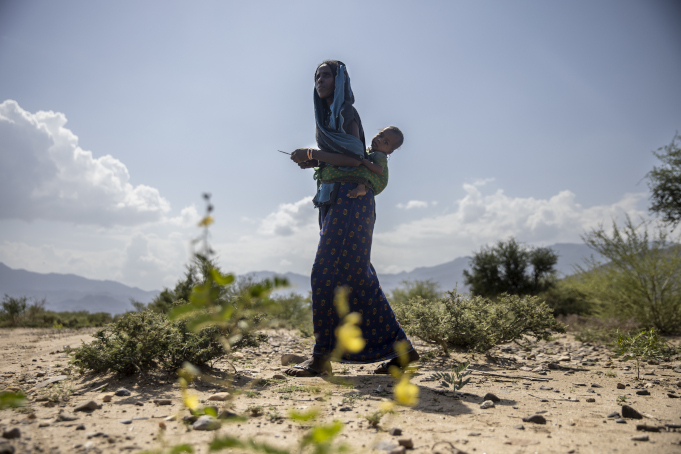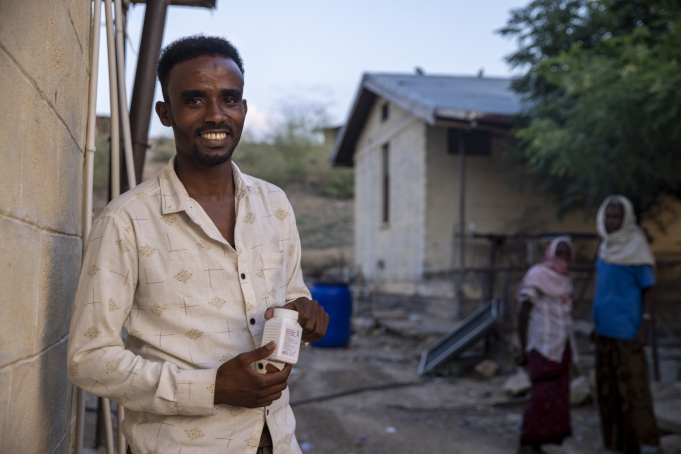According to the Human Rights Measurement Initiative, Ethiopia is currently achieving only 79.3% of what is possible regarding the right to health, based on its current level of income. The situation looks much worse in Tigray, of the more than 853 health centres in the region before the conflict, just 14% remain undamaged.
Conflict, climate change, and constricted access to food due to inflated pricing, has pushed 22 million people into high levels of acute food insecurity according to FEWS NET. This is reported to have particularly affected children and internally displaced peoples, causing further health complications. It is now classified as a protracted food crises, which increases the vulnerability of the population to opportunistic health infections, such as cholera, furthere by a lack of safe drinking water, and reproted medicine shortages, particularly in the northern regions of Ethiopia.
Tuberculosis (TB), neglected tropical diseases (NTDs) and non-communicable diseases continue to be a significant health challenge. Ethiopia is one of the 22 highest burdened countries for TB which remains of one the leading causes of mortality. And the nation continues to bear a significant burden of Africa’s NTDs
Epidemics are a particular concern in Ethiopia, with a three-year Cholera outbreak still perstisting. Over nine million cases of Malaria have been reported, and there is a serious threat of a measles outbreak.







.png)










